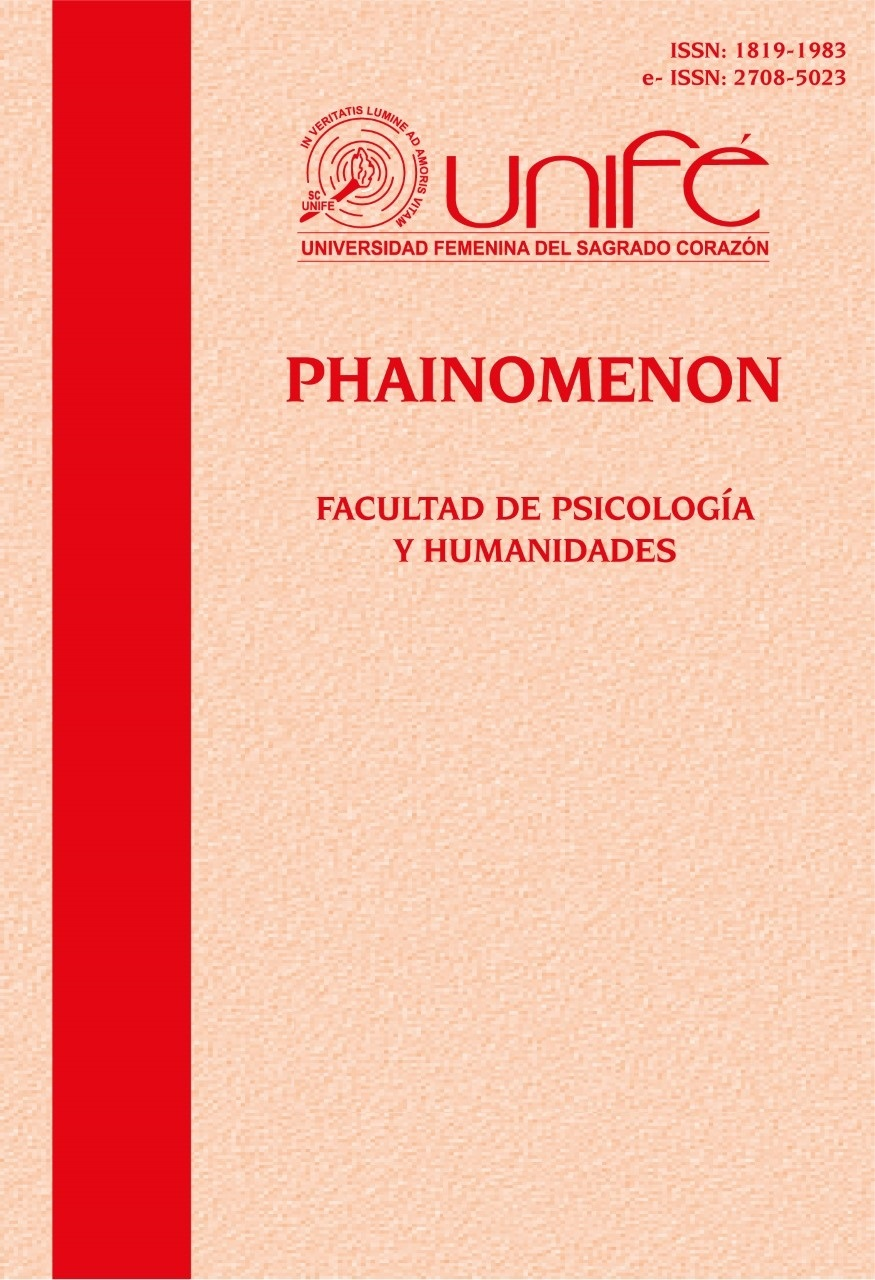The two Maurice: Merleau-Ponty (1908-1961), Maeterlinck (1862-1949) and the genesis of language through silence
DOI:
https://doi.org/10.33539/phai.v23i1.3229Keywords:
phenomenology, aesthetics, language, silence, literatureAbstract
In this article, I examine the fundamental role of silence in the origin of language, emphasizing its close relationship to communication and the expression of meaning. I analyze the perspectives of philosophers such as Merleau-Ponty and Husserl, who conceive language as a process that emerges from the prelinguistic and pre-conceptual experiences of consciousness. In doing so, I argue that silence acts as a starting point for expression, harboring latent meanings that enrich our connection to the world and to our own existence. Finally, I emphasize the importance of silence in contexts such as love, death, and
destiny, and from there extend the philosophical inquiry into the literary realm by revisiting Maeterlinck’s essay on silence, in which he emphasizes the power and superiority it holds over words.
Downloads
References
.
Downloads
Published
How to Cite
Issue
Section
License
Copyright (c) 2024 Mariana Arbeláez-Cataño

This work is licensed under a Creative Commons Attribution 4.0 International License.






